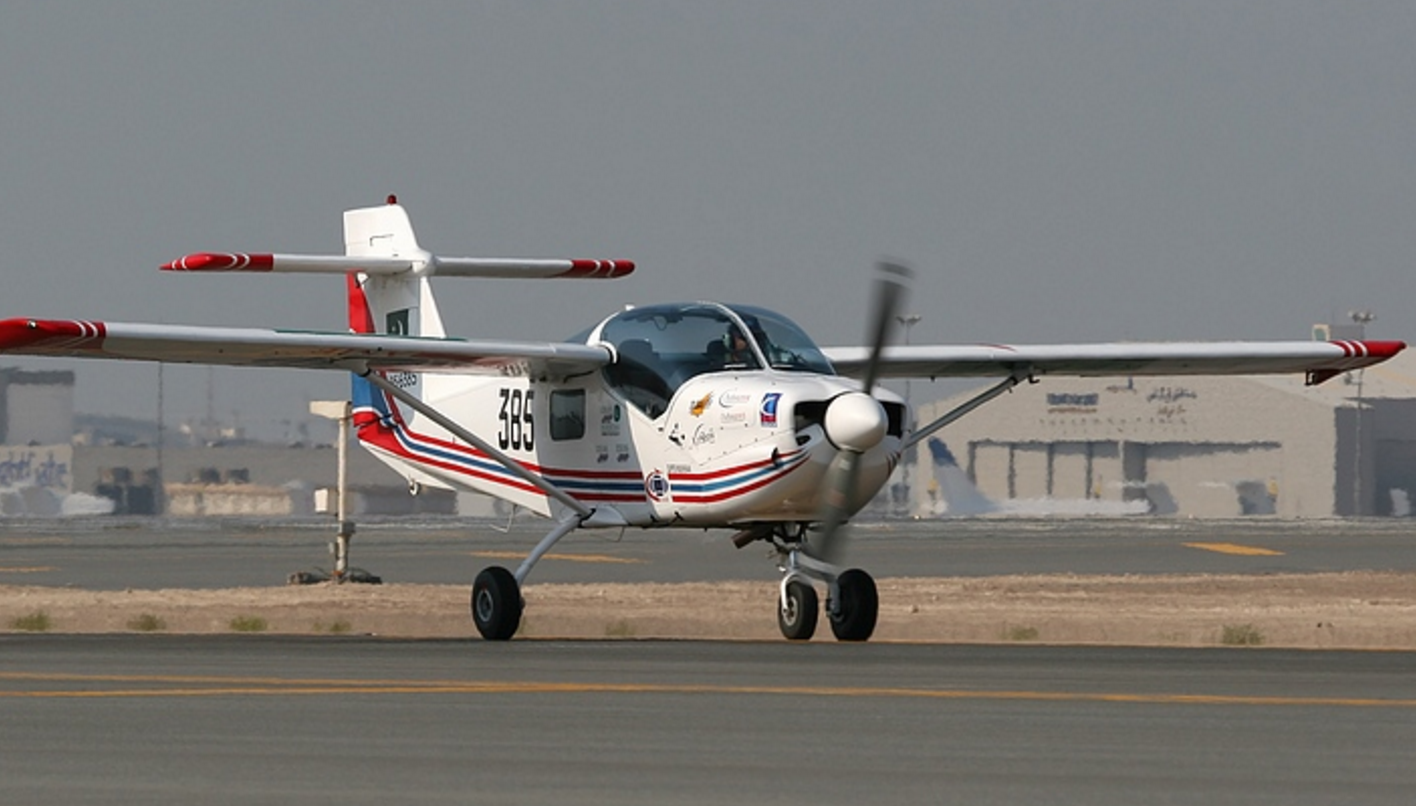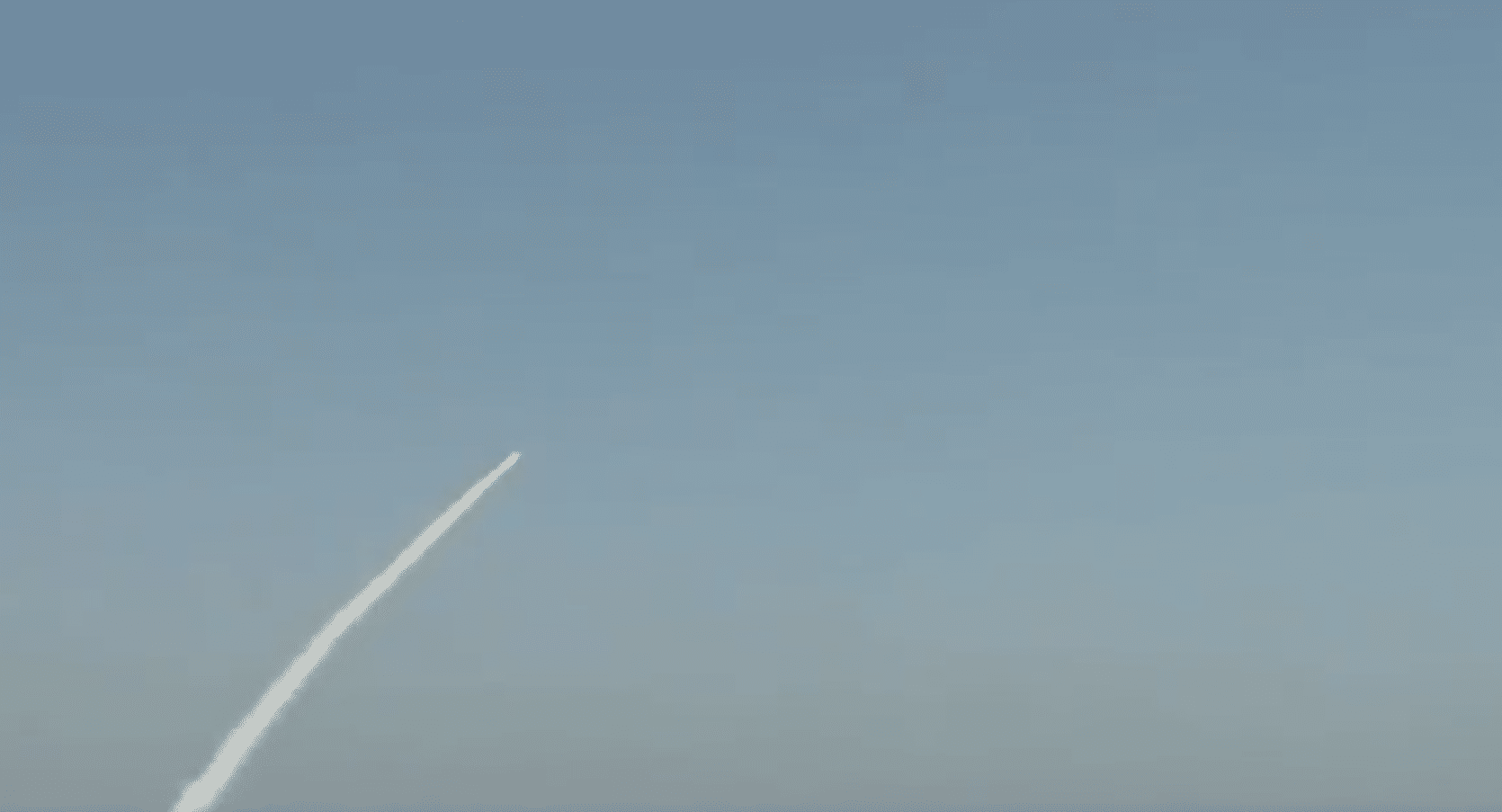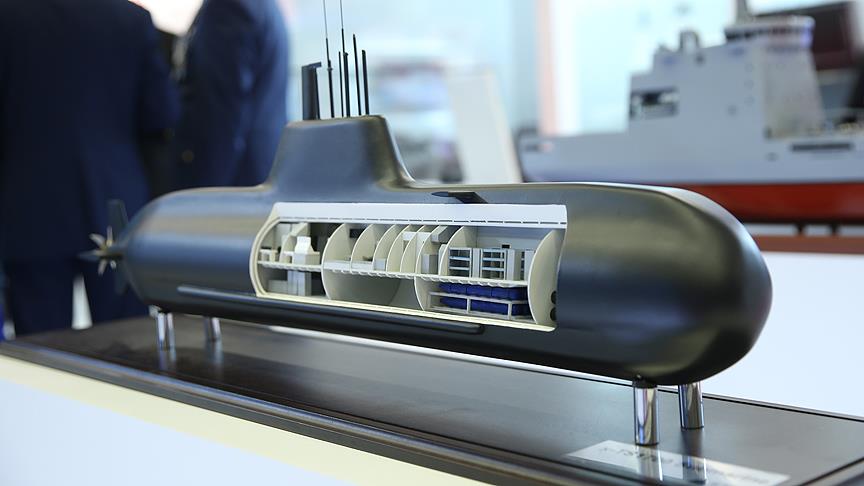2233Views 4Comments

Pakistan will export 100 Super Mushshak trainers to Turkey
According to the Chairman of the Pakistani Senate’s Standing Committee on Defence, Lt. General (retd) Abdul Qayyum, Pakistan Aeronautical Complex (PAC) will export 100 Super Mushshak trainers to Turkey.
Speaking to the state-owned Associate Press of Pakistan, the chairman stated that this would be PAC’s single largest export order in its history.
Notes & Comments:
In 2013, the Turkish Air Force (TuAF) had released a requirement for 52 basic – or ‘screening’ – trainers to replace its ageing SF-260s, which currently form the foundation of the TuAF’s flight training program. PAC had submitted its bid with the Super Mushshak trainer.
PAC won the competition and in July, the Pakistan Ministry of Defence Production (MoDP) announced that it was in the final stages of forming a contract with Turkey. It must be noted that the TuAF screening trainer bid was for 52 aircraft, so Lt. Gen (retd) Qayyum’s statement indicates that the requirement has either grown, or other Turkish entities may also be procuring the Super Mushshak.
A portion of the procurement work is expected to take place in Turkey, but to what extent – e.g. assembly or local manufacturing – is not yet known.
The Super Mushshak is an upgraded and locally manufactured variant of the MFI-17 Mushshak, which was a locally assembled version of the Saab Supporter, which Pakistan had procured from Sweden in the 1980s.
Saab had stopped manufacturing the MFI-17 Supporter (and its predecessor the MFI-15 Safari), but PAC continued to work on the platform independently. In 1995, PAC had begun development work of the Super Mushshak by seeking an uprated turboprop engine, a new flight control system, and other new components.
In November 2000, PAC rolled out the first locally manufactured Super Mushshak, and in May 2001, this unit underwent its maiden flight. Since then, PAC has been marketing the Super Mushshak to a number of foreign air forces, and in the process, won customers in Saudi Arabia, South Africa and Oman. In 2016, PAC secured sales from Qatar and Nigeria.
In terms of volume, the Super Mushshak is decidedly PAC’s most popular export product and a platform – especially with a near-finalized NATO buyer in Turkey – with strong market potential in non-traditional markets, such as the Balkans and Southern Europe. If this market potential is considered in tandem with the reality that Pakistan still operates a large number of ageing legacy MFI-17 Mushshak trainers, there may be a possibility of continued Mushshak development.
This deal is also significant in terms of the growing scope of bilateral defence relations between Pakistan and Turkey. While Pakistan is evidently interested in a number of big-ticket Turkish items, such as the Ada-class corvette or T-129 attack helicopter, seeing Turkey also engage with the Pakistani defence industry is a positive sign. With the Pakistan MoDP seemingly intent on making Pakistan’s state-owned defence firms less reliant on government subsidies, it will worth seeing if PAC opts to engage in commercially driven ventures with Turkish Aerospace Industries (TAI). TAI has been hopeful of gaining traction in Pakistan through its Hürkuş basic trainer and Anka drone programs.



4 Comments
by Bilal Khan - Quwa
The Mushshak is used as a screener -i.e. drill basic flying skill into novices and weed out those with limited aptitude for flying early, before seriously investing in them. The Hurkus is the next step, basically a replacement for the T-37 for basic to intermediate flying, acclimation to a modern cockpit, etc. It’s a prop, but the performance is relatively close to an old gen jet like the Tweet, but cheaper to fly.
by SP
The Mushak despite being produced for decades is gaining momentum in sales as it is a good reliable product at competitive price. PAC needs to do a further upgrade of the Super Mushak to further add value to it as the design is a couple of decades old now and it could do with further improvement and refinement, it will also keep the minds of PAC engineers busy for a little while.
by jamshed_kharian_pak
Excellent News, Armed Forces of Islamic Republic of Pakistan and Republic of Turkey are Great Islamic Powers theirs good Military Relations are Moral Boosting for the peoples of the Islamic world
by Freebird
Turkish Army has high quality standards. In many cases, They haven’t even accepted to buy Turkish-made defense products. If Turkey chosed it then Mushkak must be very good. All in all, Super Mushkak has already been exported to many countries.